The 43rd ASEAN Summit, presided over by Indonesia, was crucial in determining how ASEAN would respond to the continuing situation in Myanmar.
To fully grasp the importance of this summit, it is necessary to reflect on the 42nd ASEAN Summit, which took place in Labuan Bajo, East Nusa Tenggara, in May 2023.
This summit accomplished a notable success by coming to agreements on a number of crucial regional concerns. Despite these successes, the ongoing unrest in Myanmar after the military coup in 2021 continued to cast a shadow on ASEAN’s plans.
Prior to the 43rd ASEAN Summit, East Timor’s Prime Minister, Xanana Gusmao, emerged as a prominent voice shedding light on the Myanmar issue. According to the Jakarta Post, the Prime Minister expressed reservations about East Timor’s accession to ASEAN unless the organization could effectively influence the Myanmar military junta to halt the ongoing conflict. This stance underscored the intricate nature of ASEAN’s internal dynamics and its staunch principle of non-interference in the domestic affairs of its member states.
However, despite no progress to bring the Myanmar military regime to follow the five-point consensus Indonesia, as the ASEAN chair, embarked on a discreet diplomatic effort to address the Myanmar crisis. More than 70 discussions with different parties, including the military junta, ethnic minority organizations, and pro-democracy groups, were held by Indonesian officials which aim to encourage a breakthrough in the more than two-year-old issue.
Thus, the 43rd ASEAN Summit is viewed as a crucial part of determining how ASEAN would tackle the situation in Myanmar in order to hold the Myanmar military regime accountable for its actions.
Also, the need for action was heightened by the looming humanitarian disaster that Thailand, which shares a long border with Myanmar, is facing as a result of a refugee inflow.
The ASEAN Concord IV, a strategy statement, has emphasized carrying out human rights promotion and preservation as the first and fourteenth items on a 16-point list of ASEAN Matters to tackle the Myanmar issue.
In addition, it established an ASEAN Troika mechanism. The use of this approach for Myanmar would require the past/present/future Chair framework, which was first adopted in 1997 for the Cambodia peace process. This novel strategy might allow ASEAN foreign ministers and senior officials to coordinate their activities.
Moreover, the postponement of Myanmar’s turn to lead ASEAN in 2026 marked a significant break from the past. The fact that the Myanmar military-backed State Administration Council (SAC) was not given the opportunity to reverse this decision by ASEAN’s leaders demonstrates the organization’s unwavering commitment to addressing the Myanmar crisis.
However, despite these collective efforts, the ongoing violence in Myanmar underscores the deeply entrenched nature of the issues at hand. ASEAN acknowledges that there is no quick fix and emphasizes the importance of sustained engagement with all Myanmar stakeholders to build trust.
Without trust among the Myanmar stakeholders, particularly ethnic armed groups, the crisis will continue. Thus, the resolution of Myanmar’s conflict rests in the hands of its people, who must work collaboratively to attain peace and stability through constructive dialogue and political transformation.





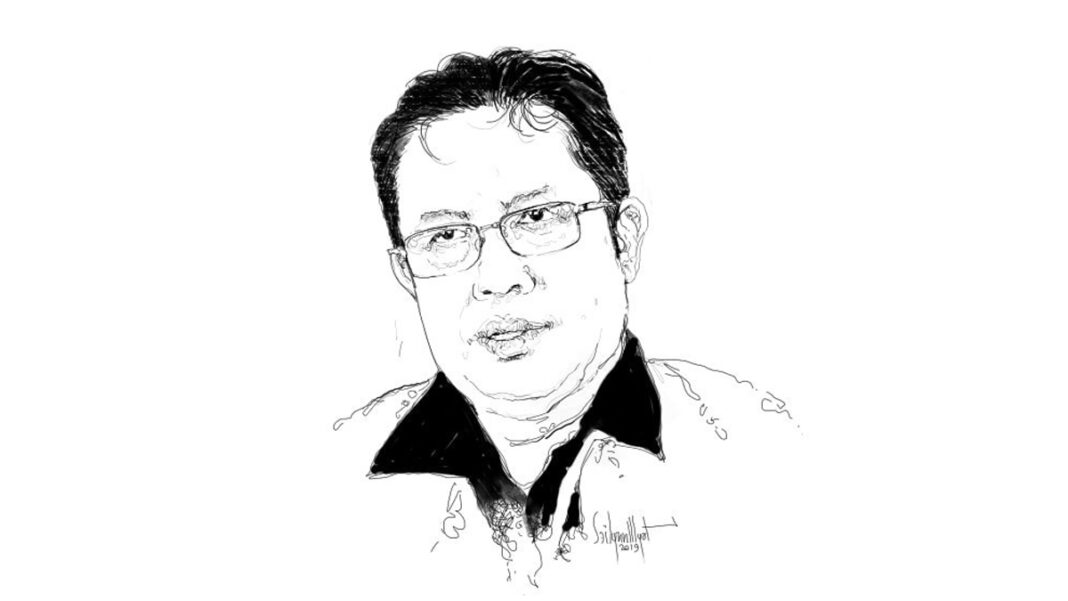
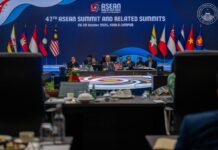
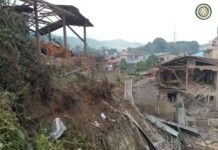

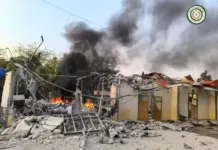
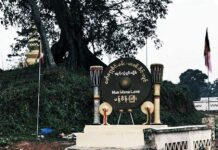




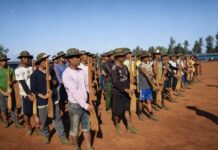

Leave a Comments